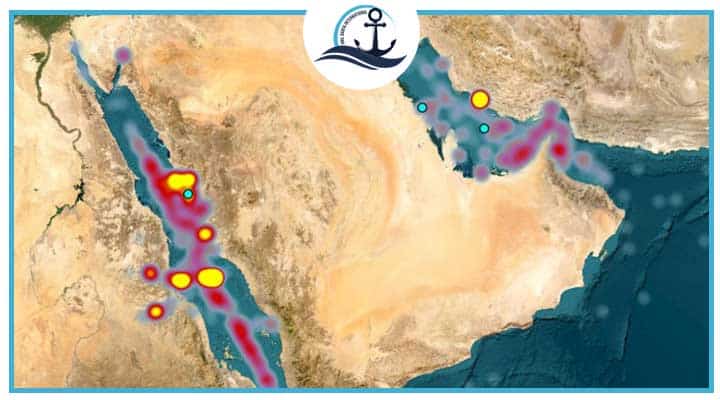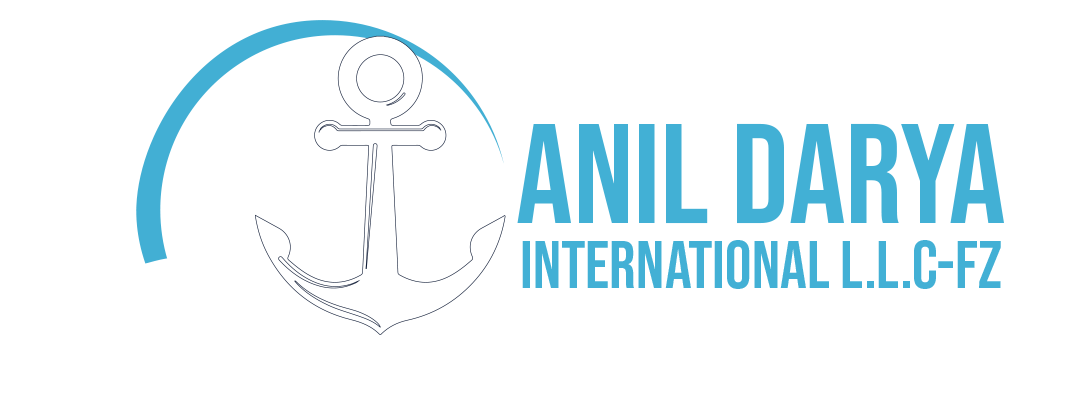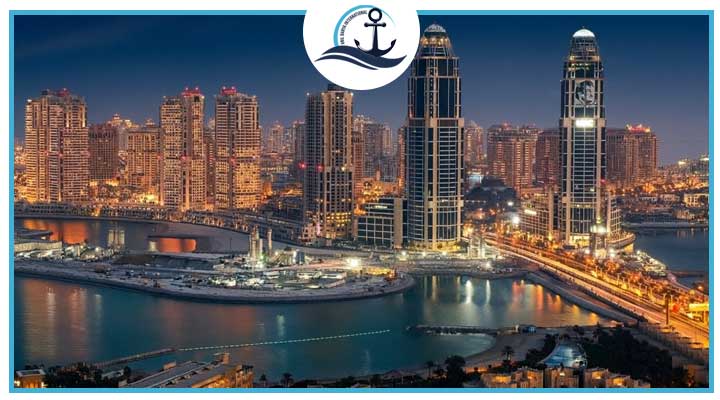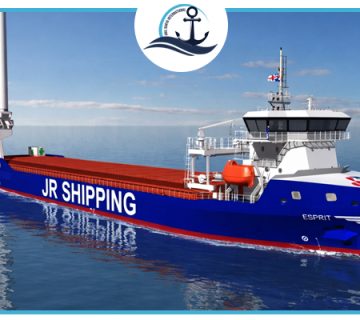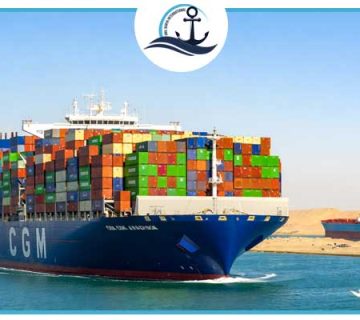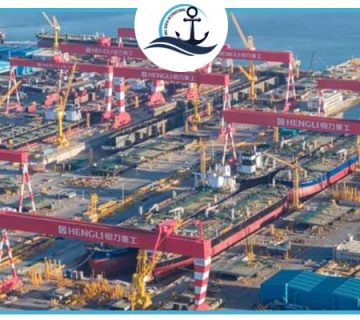|
Getting your Trinity Audio player ready...
|
Qatar Eases Navigation Ban After GPS Disruptions in Gulf Waters
Qatar has begun to ease its temporary maritime navigation ban, partially lifting the full suspension that was imposed on October 4 due to widespread GPS disruptions. The Ministry of Transport announced that daytime navigation is now permitted across Qatari waters, while nighttime restrictions will remain in place for smaller and non-merchant vessels until further notice.
Partial Lift of Qatar’s Maritime Blackout
The update follows nearly a week of uncertainty after Qatar ordered all vessels to halt movements because of what it described as a “technical fault” in its GPS system. Officials have since confirmed that the issue has not yet been fully resolved, and navigational accuracy remains inconsistent — a serious concern for the country’s sea freight and LNG shipping operations.
According to the ministry, the decision to allow limited navigation was taken to maintain essential commercial sea freight activity, particularly around Ras Laffan and Doha Port, while minimizing risks for smaller coastal and fishing vessels that rely heavily on GPS positioning.
Ongoing GPS Interference Across the Gulf
The maritime analytics firm Windward reported that hundreds of vessels per day have encountered GPS interference across the Arabian Gulf and the Strait of Hormuz. Some ships’ AIS (Automatic Identification System) signals have even shown false positions deep inland, an indicator of deliberate GPS spoofing activity.
The United Kingdom Maritime Trade Operations (UKMTO) confirmed receiving multiple direct reports of electronic interference from ships operating in the region. Its Electronic Interference Heatmap (covering September 25–October 2) showed persistent jamming around the Red Sea—notably Port Sudan—and newly emerging interference near Jizan for the first time.
Regional Impact and Sea Freight Implications
In the Arabian Gulf, UKMTO noted steady interference levels compared to the previous week but highlighted a “higher concentration” of anomalies near Iran’s Port of Assaluyeh. The agency also observed that interference around Yanbu, Jeddah, Fujairah, and Port Sudan has decreased slightly but remains ongoing.
These disruptions pose a growing challenge for global sea freight routes, especially for tankers and container carriers transiting Gulf waters. As one of the world’s largest LNG exporters, Qatar’s ability to maintain uninterrupted shipping operations is critical to both regional stability and global energy supply chains.
